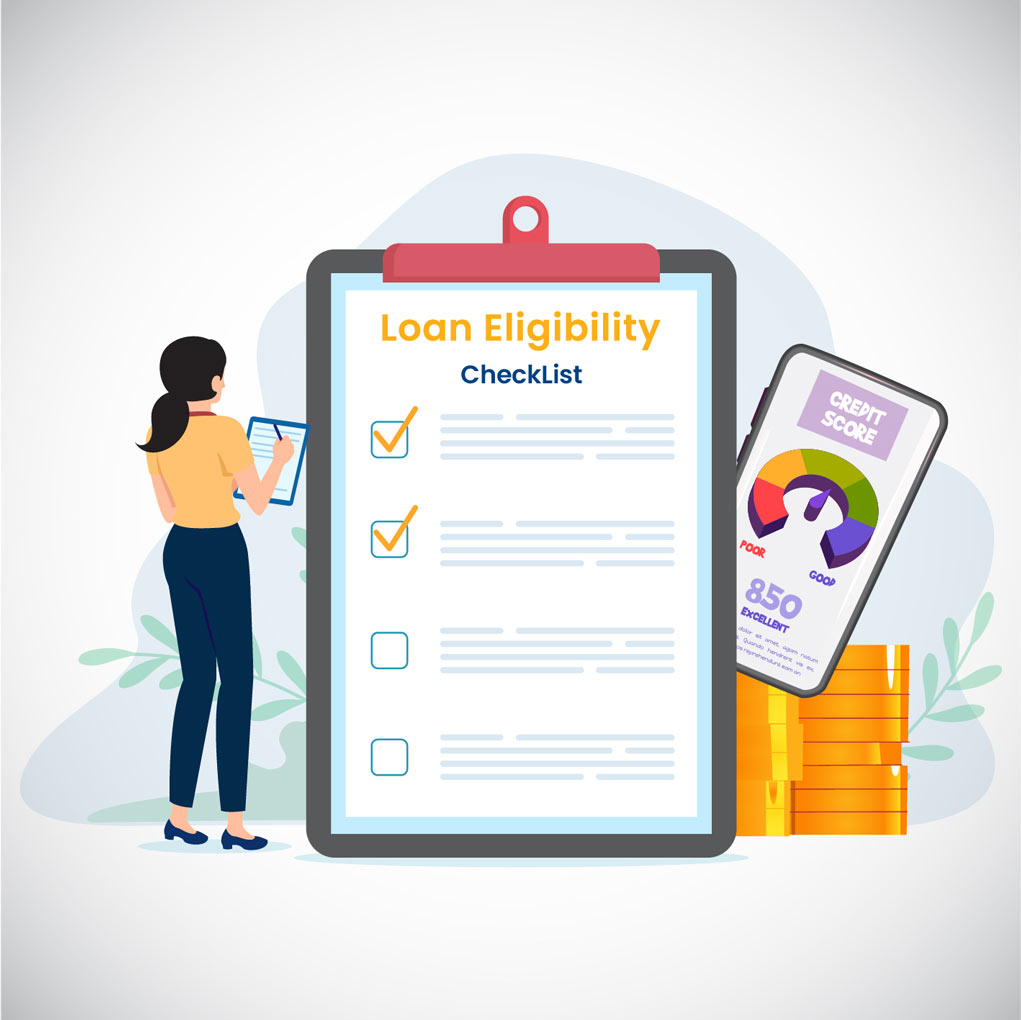Before one begins scouting for a lender, there are certain aspects to be looked into:
1. Purpose of the loan and how is it going to help the business?
2. Progress in business till date and future growth prospects
3. The current financial status of the business. Will one be able to successfully achieve the business objectives if he/she avails of the business loan?
4. Does one really require a business loan, or can he/she manage with the current net worth or with investors interested to invest in the business?
5. Where should the business loan be utilised?
Once the above have been answered, one would then be in a better position to make the right decision for a loan as per your requirements.
Here are some of the major factors which are looked at by lenders when evaluating a business loan application:
1. KYC documentation:
Your age, address, residential status. Your age should be within the prescribed range for availing the loan. Identity proofs such as a copy of Aadhaar card, Passport, Voter’s ID card, PAN card, and Driving Licence would be required.
2. Business turnover and sustenance of business:
The business turnover per annum and profit earned or loss incurred, and the period for which your business has been in operation are certain factors that are looked at.
3. Collateral:
Collateral refers to the assets that you have, that you can pledge to back up a business loan. Lenders look at the various assets of your business and their quality. The more the collateral the lesser the risk for them in lending you money and the greater would be your chances of meeting the business loan eligibility criteria.
4. Your financial history:
Lenders review your financial history which would include the status of various types of loans taken by you, bank statements for all accounts held by you, credit card transaction history, and loan and credit card repayment history. They also review whether there have been any instances of late payments, missed installments, foreclosures, etc. in case of previous loans taken by you.
5. Credit score:
This is a vital parameter for deciding creditworthiness. A healthy CIBIL (Credit Information Bureau (India) Limited) score increases the chances of business loan eligibility. Credit score reports are always referred to by lenders before they proceed to approve the loan.
6. Financial statements of your business:
These include the profit and loss account, balance sheet, income and expenditure account, personal and latest business tax returns along with computation of income. Lenders would sometimes require that you maintain key ratios like current ratio, quick ratio, or debt-equity ratio within the limits set by them, to enable their evaluation of these ratios periodically during the tenure of the loan agreement.
7. Business loan interest rate:
This depends on whether the business loan is secured or unsecured. An unsecured business loan has higher interest rate than a secured loan, as lenders treat unsecured loans as riskier. In case of a secured loan, an asset such as land. Property etc. is offered as collateral. The rate of interest may be fixed or variable.
8. Legal documents:
These would include a review of licenses acquired for the business and their validity, business registration documents, nature of the entity such as proprietorship, limited liability partnership, a private company, etc. Accordingly, documents like sole proprietorship declaration, Memorandum and Articles of Association, etc. should be kept ready.
9. Terms and conditions –
These form part of the business loan agreement and include the following important points
a. Lenders may require that you opt for loan insurance, to provide a cover against the risk of death, permanent disability, or critical illness.
b. Business loan including the principal amount, interest and stakes thereon would be repaid by means of equated monthly installments.
c. Lenders may include conditions related to pre-payment of loan subject to applicable laws and pre-payment charges.
d. The lender will specify the conditions related to loan recovery procedure in case the repayment is not in line with the terms and conditions. These would include taking legal action for the recovery of dues, as per regulatory guidelines.
e. Terms related to the closure of loan and certificate from the lender.
In conclusion, a thorough understanding of your business potential and the need for a business loan coupled with the knowledge of the appraisal process followed by the lenders would enhance the chances of your business loan being approved by lenders.




